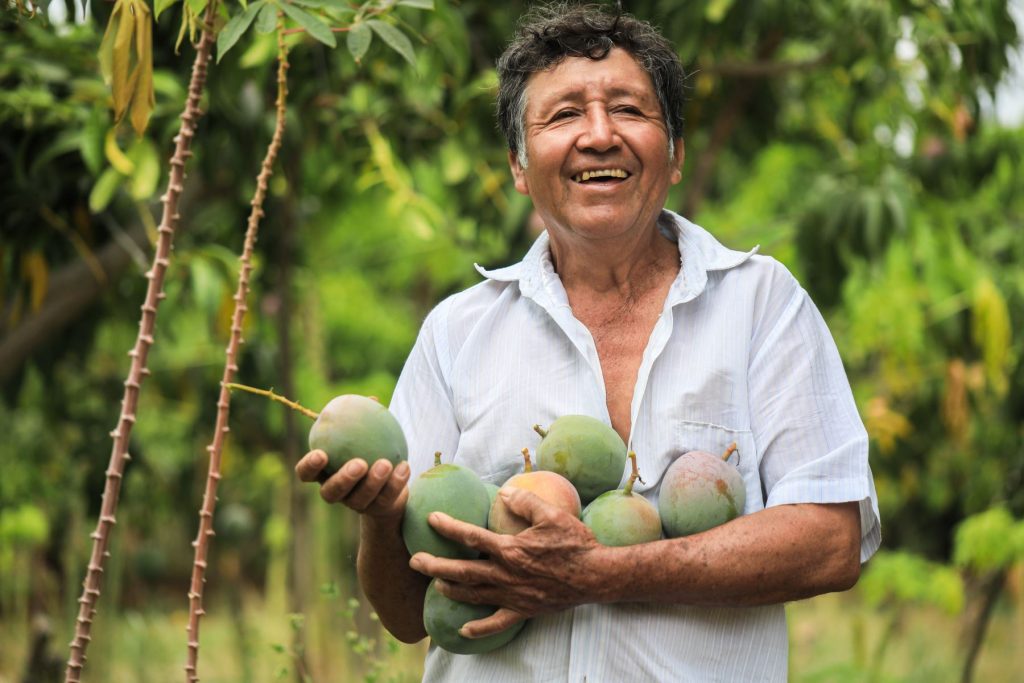World Agriculture Day What’s next for Latin America?
On World Agriculture Day we want to analyze the growth that Latin American agriculture has had, which in this last decade has begun to stand out despite all the challenges and difficulties that have been presented to all agro-producing countries.

2020 was a year of resilience for world agriculture, because despite certain obstacles at the beginning of the quarantine as a result of covid-19, producers and agro-exporters quickly recovered in the face of such adversity, so much so that the agricultural sector was one of the stable ones allowing, even, to incorporate new workforce all over the world.
In addition, it is well known that agriculture is an essential activity for the existence of the human being, since it not only provides food, it also allows trade and economic growth of the countries, which set sensible and achievable goals in the long and short term.
Based on this, the Food and Agriculture Organization of the United Nations, FAO, in a joint effort with the Organization for Economic Cooperation and Development, OECD, produced an Agricultural Outlook report from 2019 to 2028. Said report states that by the end of 2028 25% of agricultural and fishing exports will come from Latin America and the Caribbean.
Another challenge that global agriculture is facing is climate change as a result of bad industrial practices and the lack of environmental education, so looking for sustainable methods is the new trend as well, such as the biological control of pests and diseases that has been gaining. more land for its friendly techniques with the field and the environment in general, seeking to reduce the use of agrochemicals that in the long term damage the fertile soil of the crops.
Juan Carlos Paredes, president of ProHass Peru, states that thanks to technological advance it has been possible to convert deserts into agricultural export zones, thus providing a grain of sand to face global warming, so that in these fields all the necessary measures are in place possible sustainability in mind, guaranteeing a harmony between the crops and the quality of the Peruvian fruits sent abroad and for national consumption.
Paredes concluded, stating that agriculture is an important activity since it is a source of life, food and employment, especially in rural areas that see a possibility of development for their community, so this activity is also important because it is a source of progress and that is what makes it so essential in the eyes of the world.
